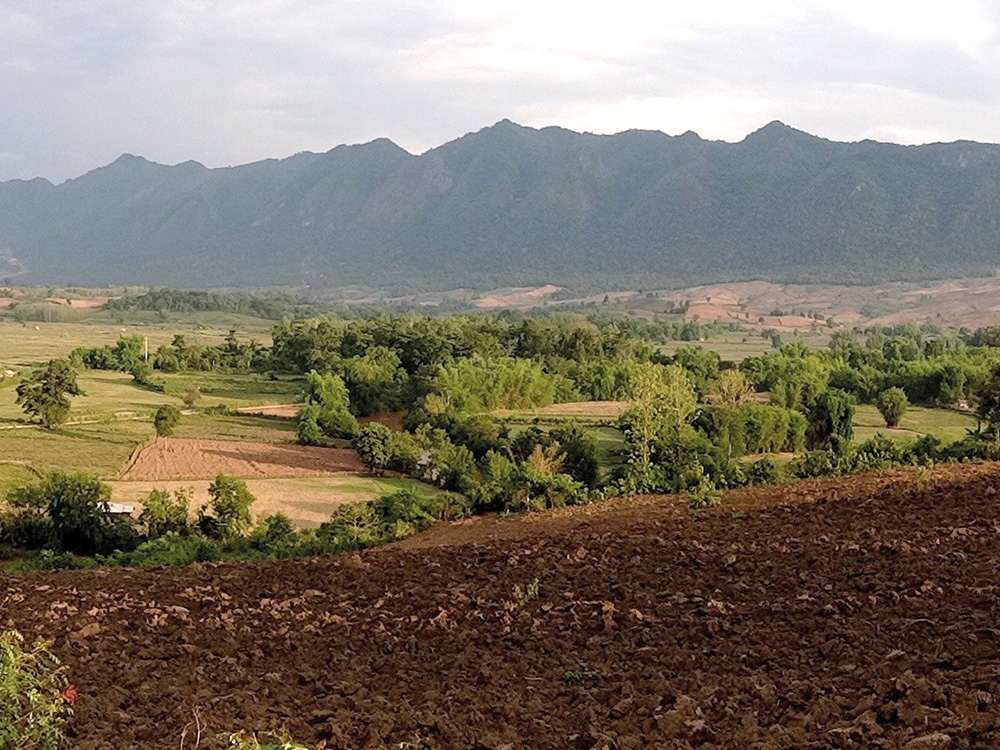Public participation in community forest policy in Thailand: The influence of academics as brokers
This article focuses on the role of environmental movements that have an influence on state policies regarding community forestry in Thailand. It analyses how conflicts between the state and local people over the right to manage forest resources have ceased to be seen as isolated incidents, but as part of a structural shortcoming in Thai law.






